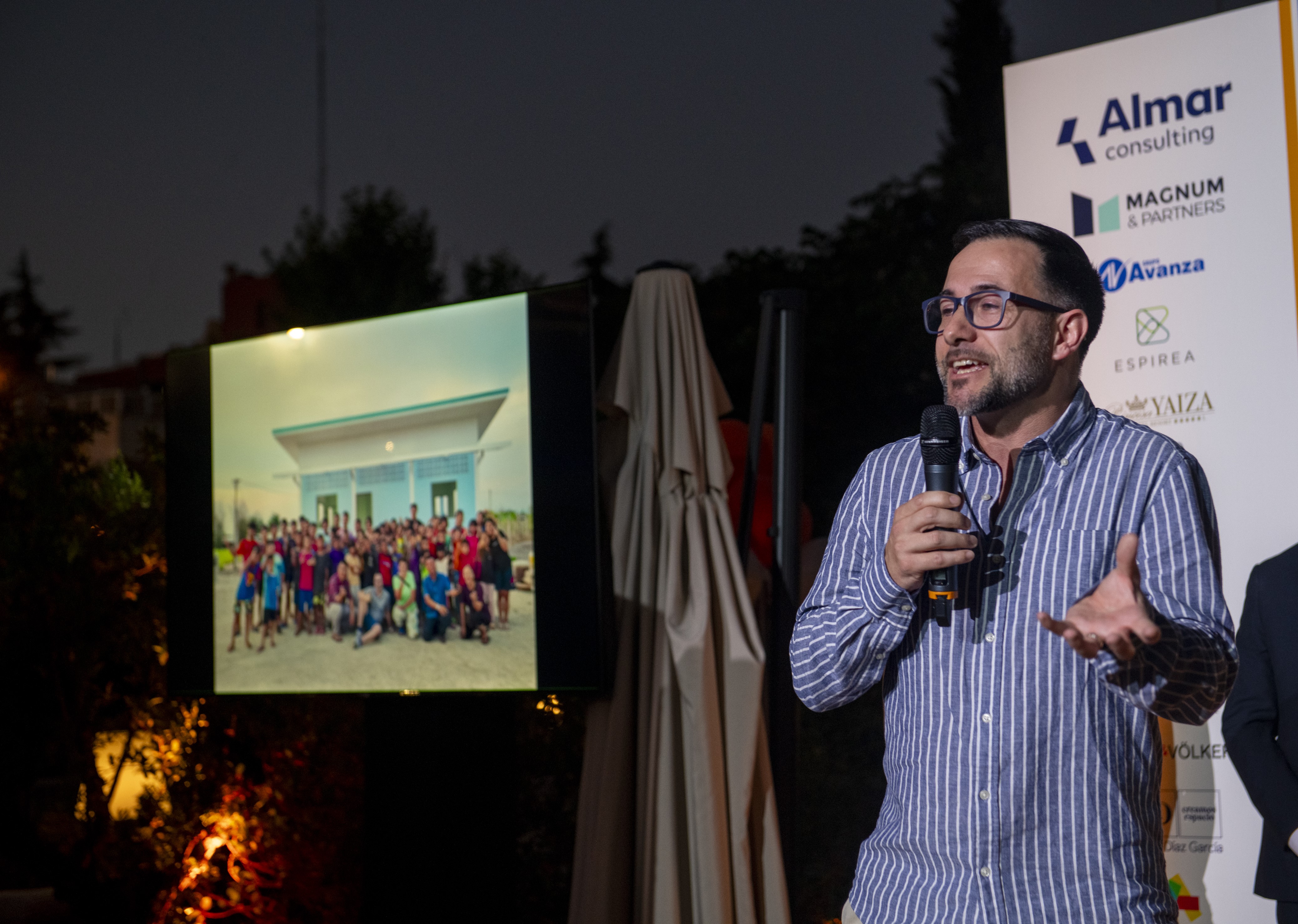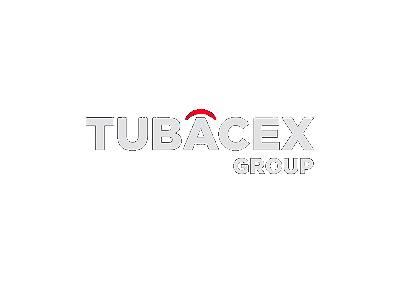
INTERVIEW WITH IÑIGO ARRUE
Director of the Advanced Solutions Business at Tubacex
Your career began with an industrial engineering degree from Tecnun, and then you moved to CIE Automotive, a highly competitive sector such as automotive. What lessons from that stage do you think still shape how you lead industrial projects today at Tubacex?
I joined CIE in 2003, when the company was a group of seven small companies with the ambition of internationalizing. My initial role was that of a young trainee, with the mission of promoting and implementing a management model that, today, is considered successful, especially if we look at the results achieved. It was a very intense but extremely valuable training period. What I mainly learned is that the management model must be based on continuous improvement and on proper management of people and teams. The key is always to work in a team with motivated people, capable of managing processes instead of products. In addition, I learned to make decisions based on data, with economic criteria and always thinking about the income statement. All these principles are still the basis of my work today at Tubacex.
Your arrival at Tubacex was in Thailand, a cultural and professional environment very different from Europe. What challenges and opportunities did you find there as your first destination within the Group? How was your adaptation to that reality?
Working in Thailand was an extremely rewarding experience. Apart from the heat, which is difficult to adapt to at first, it is probably the place where I have worked best from the beginning. The challenge was to build a plant almost from scratch, but at the same time, it was an incredible opportunity. I had the freedom to design and organize everything my way, which was a luxury. The most interesting thing was the cultural combination. On one hand, the Thai team was very respectful and committed, while the Japanese team, with their level of demand and discipline, provided a solid structure. We, from Europe, introduced the concept of organization. The result was a very powerful environment, combining the kaizen philosophy of continuous improvement from the automotive industry with a data-oriented process management, supported by tools like SAP. We worked very well as a team, with a lot of involvement and rigor.
Much is said about your ability to build committed teams and your global vision. How do you foster collaboration and cohesion in such diverse environments as the ones you have led?
I firmly believe that companies are made by people. You can have the best technology, but if you don’t have the right team, it’s useless. And the opposite: with a good team, even if the machines are older, you can do wonders. For me, the first thing is always to build a solid team. Technical knowledge is essential, but attitude is what really makes the difference. I look for people who want to learn, improve, and work as a team. I give them the necessary tools, training, and above all, trust. The key is to inspire people to develop and be able to make decisions on their own, even when I am no longer there. Ensuring that the team works autonomously is essential. Also, it is always important to recognize effort and appreciate a job well done. I also know when to take a step back and let others lead.
Your involvement with the NGO Colabora Birmania is an important part of your life. What motivated you to get involved in this project and what have you learned on a personal and human level?
Happiness is a common goal, but each person reaches it in a different way. Seeing my daughters grow and supporting my team makes me happy, but I felt I needed to do something more. I wanted to get involved in a human project that contributed something meaningful to society. When I was young, I was the director of the NGO at Tecnun, and I found in Colabora Birmania a project that touched me deeply. I went to meet them, understood their approach, and I really liked it, so I decided to support them. Since then, I visit the boys and girls we support every six months. Seeing them smile and play recharges my energy. The emotional connection with them makes me feel that I am contributing to something much bigger.
Tubacex’s collaboration with Colabora Birmania has been very active for years. How do you see the relationship between the company and social action? What role should an industrial company like Tubacex play in this area?
What I like most about Colabora Birmania is their approach: they prefer to teach how to fish rather than give a cooked fish. I’m proud that Tubacex supports this approach, because it focuses on helping boys and girls who have been displaced by the civil war in Burma, offering them an education that not only trains them, but gives them the opportunity to obtain identity documents and come out of hiding. Moreover, we are preparing a plan for the second phase of the project, which will include supporting these young people to study at university and facilitating their job placement. For example, one of the boys I met years ago and who was trained thanks to Colabora Birmania has joined Tubacex Awaji in Thailand as ESG (environmental, social, and governance) manager. We are very excited to be able to continue supporting and increasing our involvement in this project.
After more than a decade at Tubacex, with international experiences and a strong social commitment, what continues to motivate you to keep building within the company and what message would you give to those joining the Group today?
What motivates me most is being able to continue contributing and transmitting knowledge, integrating people who want to learn and grow professionally into the project. To those joining, I would tell them to find their place and take advantage of the opportunities presented to them. For those who show motivation and commitment, the path opens up by itself. It is essential to arrive with an open mind, willing to learn and contribute from day one. Tubacex greatly values those who get involved, commit, and have ideas. There is a lot to do, and the opportunities are enormous for those who take it seriously. And a key piece of advice: don’t be afraid to make mistakes. It’s important to ask questions, listen, and observe, because everything adds up, and professional growth is closely linked to a continuous learning attitude.

